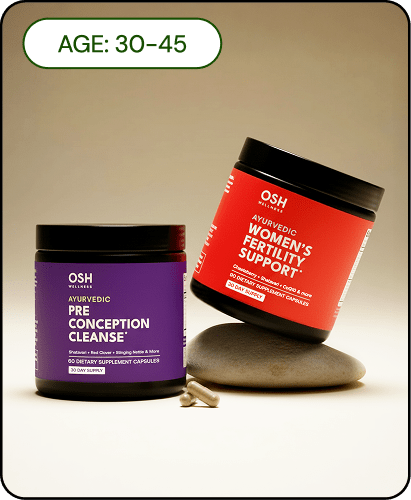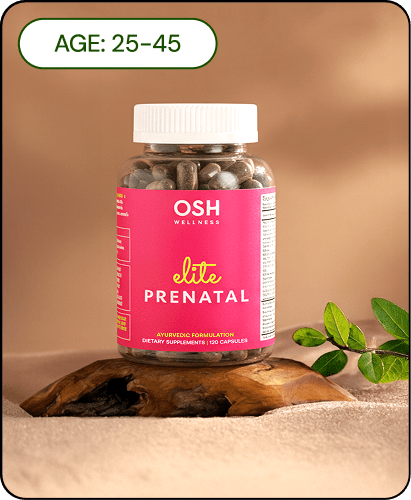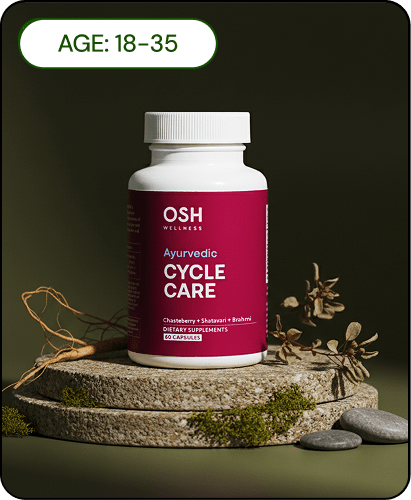Table of content
Do you need to give it up while nursing?
As a new mom, it can seem like coffee is the only thing sustaining you after a long night of cluster feeding. As you clutch your morning cup of joe, bleary-eyed, you may wonder if it is safe to drink coffee while breastfeeding. Will the caffeine affect your nursing infant? Will you have to give up your blessed morning latte?! The horror!
Caffeine consumption while breastfeeding is a valid concern. But thankfully, you may not have to give up your cup of coffee just yet. In this article, we will discuss how much coffee is considered safe for nursing mothers, possible drawbacks to consuming coffee while breastfeeding, and coffee alternatives.
Can I Drink Coffee While Breastfeeding?
In most cases, you do not need to stop drinking coffee while breastfeeding. Consuming coffee in moderation will not likely produce any negative effects on you or your little one. A moderate amount of coffee is generally defined as two to three 8-ounce cups per day.
It isn’t coffee itself that can cause adverse effects, but the caffeine.
Caffeine and Breastfeeding

How Much Caffeine Is Safe While Breastfeeding?
Like other things that contain caffeine, such as soda and chocolate, coffee can have varying amounts. The coffee bean type, the brew time, and the strength of the coffee can determine how much caffeine is in each cup. Light roasts tend to have less caffeine, while espressos have decidedly more.
Most doctors and experts recommend consuming less than 300 milligrams of caffeine per day while breastfeeding. 200 to 300 milligrams is considered within the “safe zone”. These recommendations can vary, but only slightly.
For example, the CDC and La Leche League advise nursing mothers to consume no more than 300 milligrams of caffeine per day. The American College of Obstetricians and Gynecologists recommends no more than 200 milligrams per day.
In general, 200 milligrams equals about two small cups (6-8 ounces) of coffee or one 12-ounce cup. Sorry, grande and venti lovers!
But remember, different types and amounts of coffee have different levels of caffeine, varying as much as 30 milligrams to 700 milligrams in just “one cup”. 1 shot of espresso, which is about equal to one ounce, has around 64 milligrams of caffeine alone.
Does Caffeine Transfer To Breastmilk?
Trace amounts of caffeine can be found in breastmilk. This is why it is recommended to limit your consumption of coffee and other products with caffeine. However, only .06 to 1.5 percent of the caffeine ingested by the mother is believed to reach the nursing infant.
Peak levels of caffeine can be found in breastmilk one to two hours after consumption. After the peak, the levels slowly began to decrease.
As a result, the American Academy of Pediatrics has classified caffeine as maternal medication usually compatible with breastfeeding. If you consume more than the recommended daily amount, you could notice a few adverse symptoms.
The Effects of Caffeine on Breastfed Babies
Some infants are more sensitive to caffeine and as a result, may experience some unpleasant symptoms. This is especially true with preterm infants as their systems tend to break down caffeine slower than full-term babies. However, in most cases, the mother would have to ingest a large amount of coffee to have an effect. Side effects can include:
- Irritability
- Fussiness
- Poor sleep
- Restlessness
It can be helpful to keep an eye on how much coffee you are consuming, along with your other sources of caffeine. Also, be mindful of when you are drinking your coffee. If you notice any of these signs in your little one you may want to cut back or have your latte a few hours before nursing or wait until after you breastfeed.
The Effects of Caffeine on Postpartum Moms
Your little one isn’t the only one who can experience unpleasant side effects from too much coffee. While a cup or two may help you to feel more awake and energized, too much can produce the following side effects:
- Difficulty sleeping
- Upset stomach
- Headaches
- Restlessness
- Tremors
Thankfully, caffeine does not seem to result in a reduction in breastmilk supply. As with most things, it is best for you (and your baby) to consume coffee in moderation.
Additionally, there is no need to pump and dump after having coffee. While caffeine levels peak around two hours after consumption, pumping won’t remove the caffeine from your breastmilk. It is best to wait for the caffeine to metabolize before nursing your child. Or, you could opt for a different energy source.

Alternatives To Coffee
There are a few natural coffee alternatives that can help you feel more energized and provide you with a warm beverage to sip on.
Water
While it may not be as delicious as a latte, water can help you feel rejuvenated and more awake. One of the first signs of dehydration can be fatigue, so staying topped up on your liquids is important. It is advised that breastfeeding mothers drink around 128 ounces per day or around 16 8 ounce glasses.
Moringa Latte
A moringa latte can also be a great alternative. All parts of the Moringa plant have nutritional value. From the roots to the flowers and seeds, this powerful plant is packed with vitamins like C, A, B6, iron, riboflavin, and magnesium. Not to mention a host of antioxidants, amino acids, fiber, and protein. All things that can fuel your body and increase your energy. Known as “mother's best friend”, vibrant green Moringa powder can be mixed with hot water, steamed milk (or milk alternative), and a sweetener. It resembles a Matcha latte with much more nutritional value and sans the caffeine!
Golden Milk
A final wonderful alternative is Golden Milk. This cheery cup of goodness will fuel with clean energy while boosting your immunity. Known for its anti-inflammatory and antioxidant properties this warm and bright cup is a soothing way to start your morning without consuming caffeine.
You Can Enjoy Coffee!
In conclusion, you can safely enjoy a cup or two of coffee while breastfeeding as long as your caffeine consumption remains under 300 milligrams.
If you notice any adverse side effects be sure to reduce your intake or cease altogether. There are wonderful caffeine-free alternatives that are just as uplifting!








